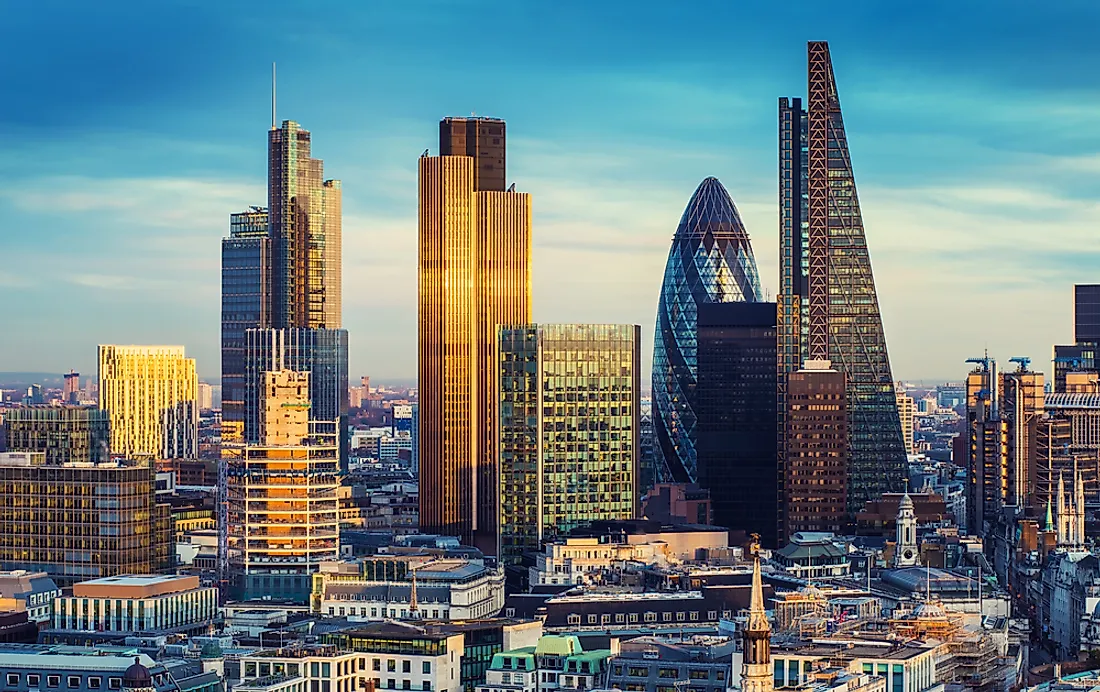What Is A Global City?

Cities are centers of innovation and businesses. They portray the economic, social, and political state of the country and its people. Cities are categorized differently depending on the role they play on the global scene. Although the city of Tokyo is the largest in the world with a population of about 38,000,000, it is considered an Alpha + city, one level below the cities of New York and London which are considered Alpha ++ cities. Other Alpha + cities include Shanghai, Tokyo, Dubai, Singapore, Hong Kong, Paris, and Beijing. To be considered a global city, an urban center must prove it enjoys a significant global advantage over other cities and serves as a hub within the world economic system. Initially, global cities were ranked depending on their size. Today, several other factors other than the size of the city are being considered. Amsterdam, Houston, Mexico City, Paris, São Paulo and Zurich have all grown to be global cities. These cities possess several similar characteristics including Home to several financial service providers and institutions, headquarters to large multinationals, dominate the trade and economy of their countries and are a major hub for air, land and sea transport. They are also centers of innovation, boast of well-developed infrastructure, large population of employed people and act as the centers of communication of global news.
Some Of The World's Best-Known Global Cities
According to the A.T. Kearney’s Global Cities Index 2017, New York outsmarted London as the world’s best-performing city while the latter ranked second. Paris, Tokyo and Hong Kong followed respectively. The city of San Francisco topped the Global Cities Outlook Index ahead of New York, Paris, London, and Boston respectively. New York was ranked the best city for business activities, and human capital. Paris topped the best cities for information exchange while London was rated the best city for a cultural experience. Washington, D.C. the best city for political engagements. Hon Kong boasts of being a global leader in air freights while Brussels boasts of being the best place to set up an embassy.
Reasons Of Increase In Global Cities
The increase in global cities is linked to the globalization of economies and the centralization of mass production within urban centers. The two factors have led to the emergence of networks of activities that seek to fulfill the service and financial requirements of multinationals. The cities grow to became global while other suffer deindustrialization or stagnation of their economies.
Criticisms Of Global Cities
Despite playing significant roles in the global economy, global city thesis has been known for being a threat to state-centric perspectives. These cities have been accused of focusing their reach to other global cities and neglecting cities within the national outreach. These cities are more connected to the outside world than to their domestic economy. Although they are interconnected and interdependent, global cities are always in a competitive state. The cities of New York and London have been trying to outwit each other as the global financial centers. Local governments have been keen to promote the global cities within their territories as either economic or cultural centers, and sites of innovation.







